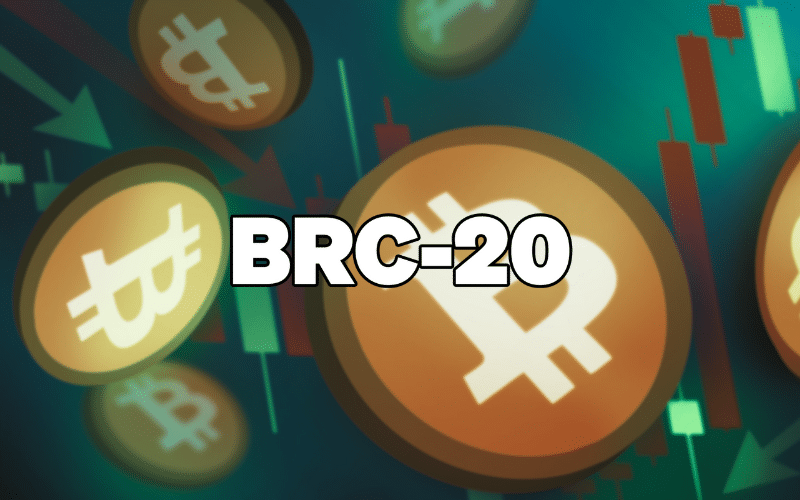The Bitcoin network is currently facing significant challenges, including soaring fees and a growing backlog of transactions. According to an analysis by CryptoQuant, these issues can be attributed to the rising popularity of a new “token” standard called BRC-20.
The average fee per transaction has skyrocketed, reaching over $16 and peaking at $29 on May 9, according to CryptoQuant. In addition, Bitinfocharts saw an increase in average transaction costs, which on May 8 rose to $31 from about $19 the day before
Axel Adler Jr(analyst at CryptoQuant) explained that BRC-20 memecoins minted on the Bitcoin blockchain are causing a surge in demand for block space. Contrary to traditional token standards like Ethereum’s ERC-20, BRC-20 only works with wallets that support the Bitcoin blockchain and does not rely on smart contracts.
For the first time since 2017, on May 8, the total fees per block were greater than the block subsidy award of 6.25 BTC. Additionally, the seven-day moving average for the number of Bitcoin transactions hit a record high of 534,000 on May 9. However, there can be even higher spikes of over 600,000 daily transactions recorded by Bitinfocharts using raw values.
The congestion on the network is evident with approximately 400,000 unconfirmed transactions pending, as reported by Mempool Space. This backlog is preventing transaction fees from decreasing.
BRC-20 tokens and Ordinals, which they view as network spam, are being targeted by Bitcoin Core developers. Additionally, the number of ordinal inscriptions has increased dramatically from 2.5 million to 4.78 million in less than a week, nearly doubling.
Also Read: Bitcoin’s BRC-20 Token Standard Market Cap Nears $1B
While these challenges pose problems for users, they have resulted in increased profitability for miners. Hash price, a measure of mining profitability, has surged by 66% since the beginning of the month, providing a silver lining for miners in this complex environment.






